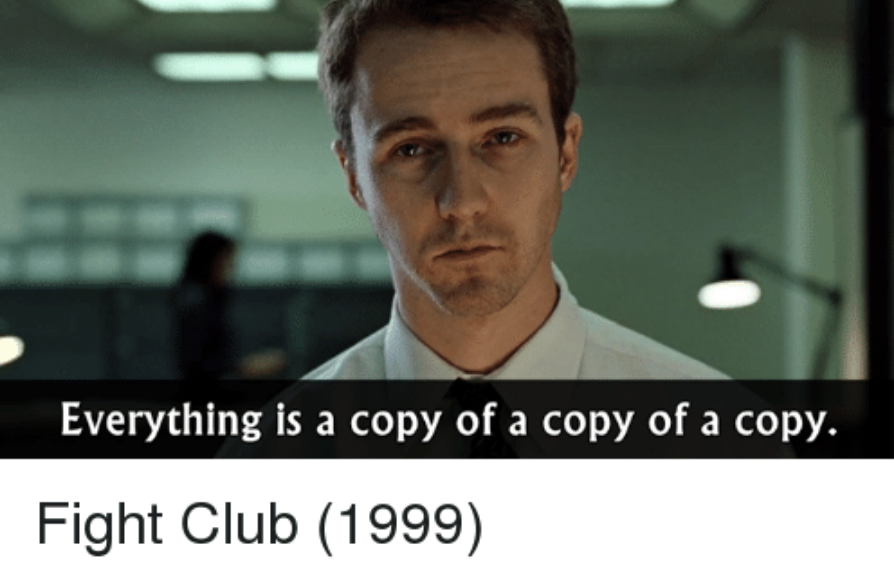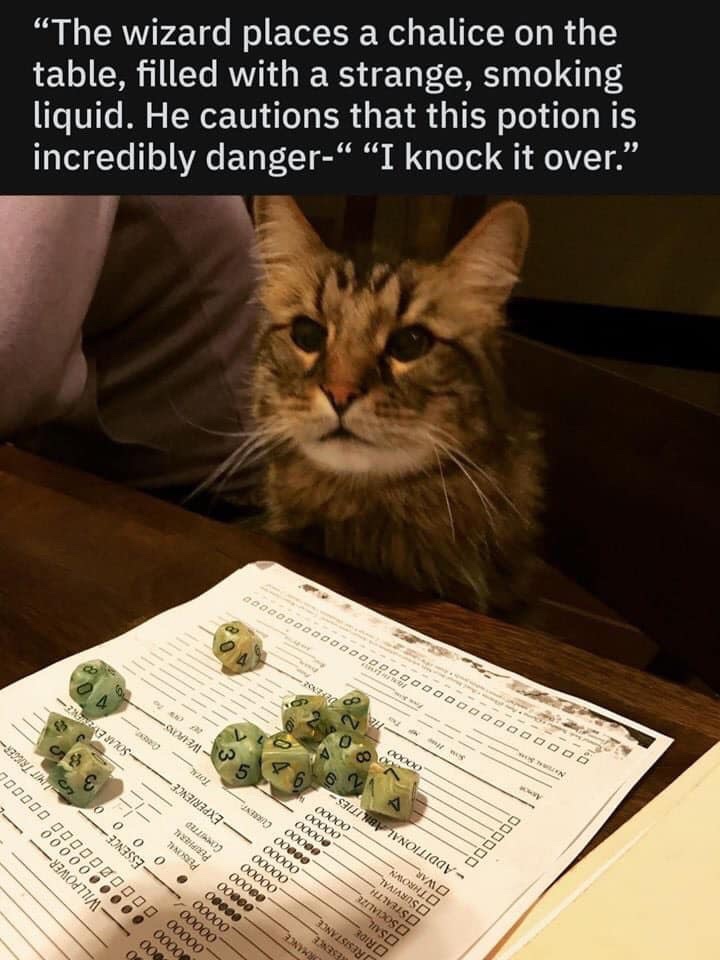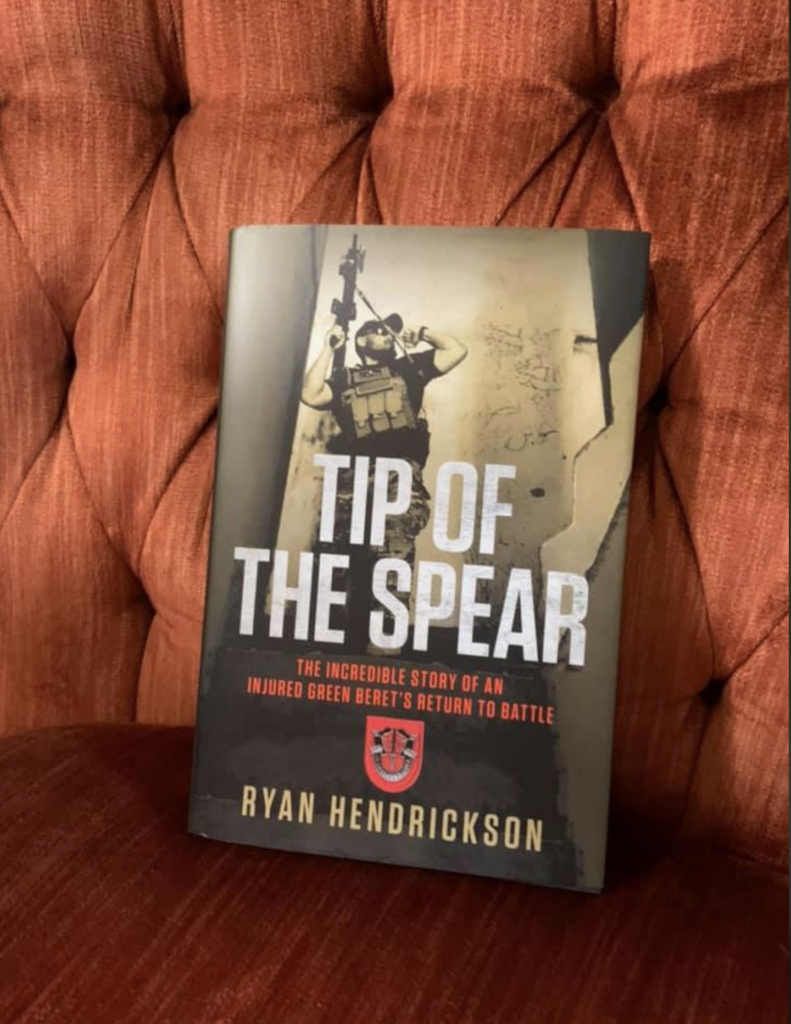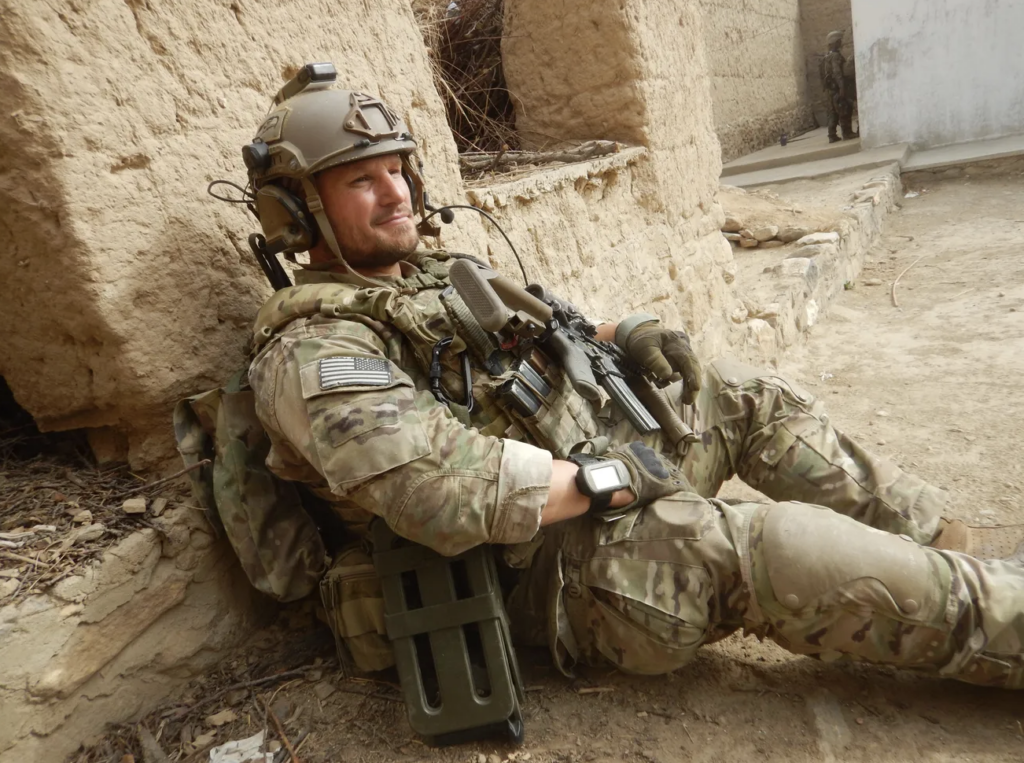
All great books are about the quest. What does the main character (MC) want? Desire is what propels the MC to step out of their comfort zone and dare to do something different.
If Frodo and Samwise didn’t long for adventure, then The Lord of the Rings wouldn’t exist…or would have been a vastly different book. Had Katniss Everdeen been content to allow her little sister to compete in The Hunger Games, odds are pretty good a) it would have been a very short and depressing tale and b) Panem’s Capitol would have been left to continue slaughter for entertainment.
The thing about the quest is that most people long for it. It’s wired into the construct of what it means to be human. Maybe we aren’t daring enough to set out on our own adventure, but we LOVE to experience adventure all the same.
Obviously, there are countless odysseys we can ONLY experience via story. The only way I can ever “live vicariously” as a spy, wizard, vampire, Navy SEAL, etc. is through the lens of others. I can’t travel in space or back through time (as tempting as that high school reboot might be).
Story, then, is my passport into experiences and places that would otherwise be off limits.
Last time, we talked about character development in my post, How Story Forges & Refines Characters. We can conjure a main character in our minds, but the story…the quest ultimately is what adds depth, dimension and resonance.
The Rise of Memoirs

Most of the time, I talk about fiction when it comes to craft. Yet, now that nontraditional publishing has imploded and taken the old business paradigm with it, memoirs are exploding in popularity.
First of all, I think it’s because we’re desperate for new stories and fresh voices and perspectives.
Yet, understand that, under the old business model, it was extremely difficult to publish a memoir unless one was a known celebrity or household name. Memoirs were for movie stars, models, athletes, politicians, or reality television personalities. Publishers wanted *shudders* A Shore Thing, or at least as close as they could get.
*cough* Snookie.
Nothing personal, only simple economics.
In the old days, publishers knew they could probably count on a book about Tori Spelling’s life selling enough copies to make it worth the gamble. Name recognition alone drove sales and still does to a certain degree.
Sadly, this meant a lot of fantastic stories were never put to the page for readers to discover and fall in love.
My Life Would Make a GREAT Book!

If I had a dollar for every time I heard this phrase when I tell people I’m an author. Funny thing is that it’s likely true. Many “everyday” people are anything but. They’ve seen or endured a life even the most creative novelist couldn’t make up.
In fact, their lives might almost be considered “unbelievable” if someone like me tried to put the same events in a novel.
Life really is stranger than fiction.
Today, I’d like to broaden our instruction because most of the elements necessary to create a novel that hooks readers and won’t let them go until THE END are the same for a great memoir.
Memoirs, like novels, are complex creatures, and I’ll be writing more posts on this topic. Yet, where to start? We’ll begin what I believe is a foundational ingredient necessary to write a riveting memoir.
The Quest is Key

Alfred Hitchcock once said, “Drama is life, with the dull bits cut out.” This applies to all stories, including memoirs.
Before we go further, memoir is NOT a synonym for autobiography. Unless we happen to be some super famous person, most folks outside of our family or friends aren’t interested in a detailed account about our lives.
And even then…
Excellent memoirs share two major connections with excellent novels in that a) the memoir is just as much, if not more, about the quest than the person and b) the memoir is for the readers not the author.
I believe Jerry Jenkins said it best in his post How to Write Your Memoir: A 5 Step Guide:
They (readers) care about themselves and what your book offers them. So your theme must be reader-oriented, offering universally true transferable principles that will help them.
So yes, while a memoir is, to an extent, biographical, these key “events” must then be fleshed over a narrative skeleton that offers the audience insight into their own lives and experiences.
The key to figuring out how to write your memoir is focus. What is the quest? Because the quest gives readers the takeaway. This then becomes the spine of your story, where everything else connects. It will help you know what to include and where.
No simple task.
Writing a memoir will demand we sort through a vast litany of experiences to see if they meet the requirement. Which stories are key to the journey, and which stories are simply fun, tragic, or interesting, etc.?
The Essence of Story

When it comes to a memoir (or novel), we’re wise to first ask, “What is the MC’s quest?” Often, we might think, “What is the goal?” Yet, as a stickler for language, I’d like to point our that there’s a distinctive difference between a goal and a quest.
A goal is defined as the object of a person’s ambition or effort; an aim or desired result.
Yet a quest is defined as a long or arduous search for something.
I believe the words long and arduous are what qualitatively distinguish the memoir as more than “non-fiction.” The very definition implies drama, thus delineating the memoir from simple non-fiction.
I’d also like to draw your attention to the word something. In fiction, as in memoirs, the main character of the story is frequently thrust into a decision—remain where you are OR step onto the unknown path.
Once the MC makes this decision, a simple expedition swiftly changes into a life-altering crucible. The journey supplies the heat and pressure required to fire away the dross and reveal the gold.
Memoirs, ideally, are a detailed account of what happened while in the crucible as well as how the author transformed as a result. Obviously, the harder the journey and the greater the change, the better the memoir.
The Quest for “Something”

If I think about my favorite stories, most of the time the MC begins the quest believing they’re in search of one thing, only to realize they’d failed to think big enough.
In Lord of the Rings, Frodo and Samwise certainly had no clue their quest would lead them to an unplanned outward destination, Mount Doom. They had zero concept their purpose in life would also change.
Destroying The Ring of Power was for warriors or wizards, not little nobodies.
Similarly, Samwise and Frodo had no possible way to appreciate how much they would change internally. Their home, The Shire—once a boring place to escape—eventually became the only cause worth dying for.
When it comes to memoirs that stand apart, we see a similar pattern. It isn’t enough to just tell about our lives without the spine. The narrative skeleton is essential for bringing all the parts together and creating something with LIFE!
Common Ground, Common Quest

I love great memoirs because, even if I don’t share anything (surface-wise) with the author, I can identify on deeper levels. Overcoming loss, triumph over adversity, rising above a tragedy, healing from abandonment, etc. are all themes most of us can relate to.
I’ll use one of my favorite memoirs as a good example.
Granted, Kevin Hart’s I Can’t Make This Up: Life Lessons is the life story of a world famous comedian and Hollywood box-office star. But, at the same time, Hart’s story is not only brilliantly funny, it’s also transparent, gritty and heartbreaking.
I might have nothing “in common” with Hart. I’m certainly no world famous comedian/actor. We’re also a different race, different gender, from different parts of the country, on and on.
Yet, in spite of all our “differences,” his memoir hit home. I can relate to being an outcast, the challenges of a dysfunctional family, and what it takes to really never give up on a dream.
I can almost hear y’all now, Kristen! But Kevin Hart is KEVIN HART! You said we didn’t have to be super famous!
Calm down.
The Tip of the Spear

Early in the summer, I discovered a TRUE reading treat, Tip of the Spear by Ryan Hendrickson.
The book is (partly) about Sergeant First Class (SFC) Ryan Hendrickson, a Green Beret tasked with clearing the way for his twelve-man team while conducting combat operations against the Taliban.
As the “tip of the spear,” his role was to clear any IEDs (improvised explosive devices) to make it safe for U.S. and Afghan troops to travel.
On one particular mission, Hendrickson attempted to rescue an Afghan soldier who’d strayed ahead of the group into uncleared territory. In doing so, Hendrickson stepped on an IED which blew off most of his lower right leg, leaving the foot barely attached.
The book details his miraculous recovery, as well as what he endured physically and emotionally while doctors worked tirelessly to save his leg. Hendrickson not only managed to walk again, but he eventually returned to active duty in Afghanistan with his fellow Green Berets.
This alone would have made the book a fascinating read.
The X Factor

To be honest, I normally wouldn’t have gravitated to a military book or memoir. Many focus on an event or a world (e.g. the realm of the Navy SEALs) that I can’t relate to. We share no common ground.
While the stories might be exciting, informative, or interesting, they remain at that surface level because it’s difficult for me to find any takeaway.
Tip of the Spear, however, is more than the typical military memoir. I found it to be very much an intricate tapestry woven from very HUMAN experiences—family, loss, hope, failure, addiction, dreams, determination and triumph.
Hendrickson’s raw openness about his less than ideal childhood, his struggles, doubts, addictions, failures and personal demons supply a whole new level of depth to what easily could have been just another “entertaining” book.
Tip of the Spear has so many positive messages, namely…
It is OKAY to NOT BE Okay
The mark of strength is to admit when you’re drowning, when you simply can’t do it alone. Hendrickson’s story emphasizes how easy it is for pride or self-pity to swamp even the best of us. But, with the support of others, miracles happen every day.
Or maybe that was one of many messages I took away from the book.
Someone else might read and it and this story speak to some deep place vastly different.
THAT is the mark of a superlative memoir (just as it is for a superior novel).
Tip of the Spear stood apart. No chest-beating “lone warrior I did this all on my own” schtick. This is a very poignant, personal drama. There’s a myriad of themes woven into the story—throughout Hendrickson’s quest—that I believe can speak to very wide audience.
This is not just a military memoir but the memoir of a man who “happened to be in the military.”
So You Wanna Write a Memoir
This post is only the first step. To quote the spooky bridge keeper in The Holy Grail…
WHAT is your quest?
Some who set out to write a memoir are like the bold Sir Lancelot and stride confidently (and easily) across that bridge. They’re fully aware of who they are, where they desire to go and why.
Others of us? Yeah. Ask something as banal as our favorite color and that’s enough to catapult us off the path and into the foggy abyss.
In coming posts, we’ll talk more about different types of memoirs and elements like voice, style, organization (structure), characterization, dialogue, etc. Too many set out believing that the non-fiction aspect of a memoir gives an automatic pass on learning these critical storytelling skills used in the best novels.
Untrue.
Additionally, there are a variety of ways to present a life story whether you want to tell your own or tell the story of another (perhaps preserve the life story of a family member).
When it comes to the bits and bobs that might not fit into a narrative style memoir, what to do with those? I have good news there, too. Many forms of storytelling—that the corporate publishing model had pushed almost to extinction—are reemerging with new life and eager audiences.
What is Your Quest? I LOVE Hearing from You!
Have you ever wondered how to take your life and put it into a story form that others would want to read? To have a way to preserve your quest, leave a legacy? Maybe you’ve been through trials that aren’t only interesting, but maybe instructive or inspiring?
Do you have family stories that you’re eager (even desperate) to preserve? I know one of my main regrets was I lost my mentor and inspiration, my Great Aunt Iris (who lived almost to 100 years old) before I could get her to tell me in detail about her life.
She was born picking cotton in East Texas, yet was the first of the children to leave for college and earn a degree in a time women rarely gained higher education. My aunt started her life in a world with no airplanes, radios, or television, when they had to saddle horses and hitch up wagons to go anywhere.
She passed away in a world with space travel/exploration, the internet, cell phones, and female C.E.O.s. Now THAT is one heck of a quest!
I mourn the loss of her experiences, but maybe I can write about my own quest and adventures for my son and (hopefully) grandchildren. My goal with this series to to help you tell the best stories possible.
What are YOUR stories? WHAT is your QUEST? 😀








10 comments
5 pings
Skip to comment form
Kristen, this is one of your best. When teaching or speaking to an audience I have often spoken about the need to write nonfiction using many of the same storytelling conventions as fiction. That observation is often met with cold silence or hostile argument, sometimes from established and successful writers of memoirs. The conceit that “your story” is enough is enough to condemn your work to the slush pile.
My quest. Make a living with writing. That sounds like a dull quest that I could feasibly accomplish from my dining room table. I’ll work on that.
My quest is be invited to do a signing and lecture at a fabulous independent bookstore in NYC or Chicago. I’ll work on the details.
Yippee! I’ve always taught that non-fiction – the best non-fiction – follows the narrative rules that holds sway in fiction narratives. Thank you once again, Kristen, for a cracking article.
Great post! I’ve been struggling with a half-written travel memoir for years. My quest is to finish the darned thing! (But my quest in the memoir is… well, remains to be figured out, apparently!)
Talk about timely… I’m writing the memoir of one of my fictional characters in a series. I pulled lots of things from this post as well as the attachment about successful memoirs I figure it will help to structure my ‘fictional’ memoir around the same principles as a ‘real’ memoir.
I think I have quest ADHD. I’ve lived my whole life having short term quests, thus I write short stories…Hmmm.
Good point that life is stranger than fiction and people don’t believe the stories…last week I was run over by a steer (true story). A few years back a bear got our food pack on a wilderness trip and I went after it and got it back (another true story) Who believes that stuff but your spouse who knows you have lived a life destined to die young? Now I’m old and can’t die young.
So, I need to probably experience a quest to write about a quest? maybe? Good stuff Kristen. Thanks
Thanks for awesome post, When teaching or speaking to an audience I have often spoken about the need to write nonfiction using many of the same storytelling conventions as fiction. That observation is often met with cold silence or hostile argument, sometimes from established and successful writers of memoirs.
This was affirming and timely. I just finished my memoir of back-packing Europe in 1989 dealing with recent sexual trauma, but tried to include all of the elements you suggest. I’m currently querying, but thinking of self-publishing. Although, I’ve self-published fiction, this feels weird to self-publish. Is that weird???
Author
Considering traditional publishing is all but gone? No. Not weird at all. Wish you the best of fortune!
What Joseph Campbell calls The Hero’s Journey
[…] If you are a memoir writer, Kristen Lamb investigates where the hero’s journey meets memoir. […]
[…] The Quest: “The Tip of the Spear” & The Hero’s Journey Meets Memoir […]
[…] post, I opened the discussion about memoirs. Memoirs are not only becoming increasingly popular, but with the implosion of traditional […]
[…] said, if you’ve read my last two posts The Quest: The Hero’s Journey Meets Memoir and Narrative Style: The Heart of Storytelling we didn’t ONLY talk about memoirs. Rather, we […]
[…] said, if you’ve read my last two posts The Quest: The Hero’s Journey Meets Memoir and Narrative Style: The Heart of Storytelling we didn’t ONLY talk about memoirs. […]